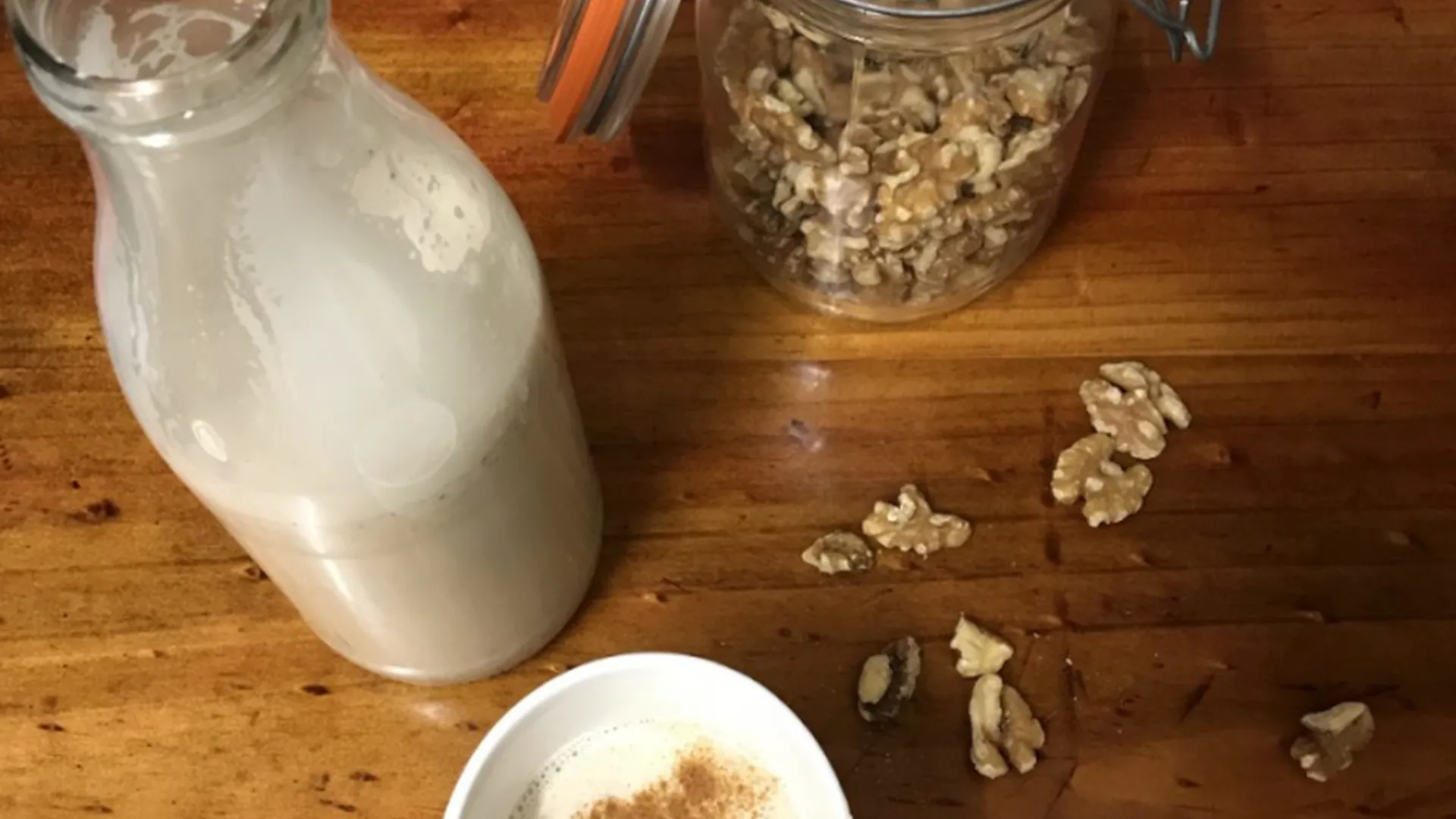As shift workers, falling asleep and staying asleep can be one of our biggest challenges when working 24/7. In fact ironically, we can find ourselves in a state where we’re actually too exhausted to sleep – a cruel scenario given all we want to do is catch up on some much needed zeds!
But this “too exhausted to sleep” scenario can happen for a number of reasons (and not just as a result of working shift work), when our bodies become “stuck” in a state of constant overstimulation. This is essentially when the nervous system becomes so “wired”, that it prevents the body from being able to relax and unwind.
This may occur as a result of a dysregulation in the stress hormone cortisol, a thyroid disorder such as Hashimoto’s, or even due to intestinal parasites being found in the digestive tract – to name a few!
Yewwww! I know right!
Anyway, whilst it may be necessary to undertake further diagnostic testing to eliminate (or at the very least identify if any of the above scenarios are contributory factors to your insomnia), in the interim this Cinnamon and Walnut Latte may help to improve your sleep.
Now I know what you’re thinking – we can’t drink coffee before bed!
Yes, I agree entirely with you.
Except this “latte” is totally caffeine free. In fact it’s even dairy free, which is a good thing because consuming dairy can actually trigger an inflammatory response in some people, which in itself sets off a whole cascade of stress hormones that is going to impact on your sleep.
But I’ll save that for another post. In the meantime, let’s talk all about the Cinnamon and Walnut Latte.
What’s great about it?
- It contains walnuts which contain melatonin, a sleep regulating hormone that is necessary for sleep to occur. Research has shown consuming walnuts actually increases blood melatonin concentrations levels.
- Melatonin in itself, is a powerful antioxidant that helps to protect the body against oxidative stress, which occurs as a result of toxic molecules called free radicals.
- Walnuts are a rich source of omega 3 EFA’s (essential fatty acids) which help to improve cognitive function as the brain, which is made up of 60% fat, requires omega 3 fats to function properly.
- They also contain a variety of other bioactive compounds, such as vitamin E and polyphenols which are phytochemicals found in plant foods that help to protect the body against oxidative stress.
Ingredients (makes 20)
- 1 cup of walnuts (soaked for 2 hours)
- 4 cups of filtered water
- 1 teaspoon vanilla paste
- 1 teaspoon raw honey, to serve
- Sprinkle of cinnamon, to serve
How to make them!
Combine the walnuts, water and vanilla paste in a high-speed blender. Blend for at least 30 seconds. The longer the better as this will help to create a creamy, white texture.
Pour one cup of walnut “milk” into a saucepan, and heat up gently on the stove top.
Once heated through, pour into a mug and serve with 1 teaspoon of raw honey and cinnamon for a bit of added sweetness. Both the honey and cinnamon help to balance blood sugar levels, which is vital in preventing intermittent awakenings or that broken sleep which can also be the bane of our existence when we’re trying to optimise our sleep!
Audra x
P.S: For an even smoother, creamier texture, strain the milk through a fine sieve or nut milk bag to remove the walnut sediment.
Please note: this beverage is not a sleep elixir, but rather a beverage that, combined with optimal sleep hygiene practices may aid in the process of sleep.
References:
Bozkurt, N, Karbek, B, Cakal, E, Firat, H, Ozbek, M & Delibasi T 2012, ‘The association between severity of obstructive sleep apnea and prevalence of Hashimoto’s thyroiditis’, Endocrinology Journal, vol. 59, no. 11, pp. 981-988.
Bush B & Hudson, T 2010, ‘The role of cortisol in sleep’, Natural Medicine Journal, vol. 2, no. 6.
Ibarra-Coronado, E, Pantaleon-Martinez, A, Velazquez-Moctezuma, J, Prospero-Garcia, O, Mendez-Diaz, M, Perez-Tapia, M, Pavon, L & Morales-Montor, J 2015, ‘The bidirectional relationship between sleep and immunity against infections’, Journal of Immunology Research, vol. 2015.
Reiter, R, Manchester, L & Tan D 2005, ‘Melatonin in walnuts: influence on levels of melatonin and total antioxidant capacity of blood, Nutrition, vol. 21, no. 9, pp. 920-924.
Sanchez-Gonzalez, C, Ciudad C, Noe, V & Izquierdo-Pulido M 2017, ‘Health benefits of walnut polyphenols: An exploration beyond their lipid profile’, Critical Reviews in Food Science and Nutrition, vol. 57, no. 16, pp. 3373-3383.



0 Comments